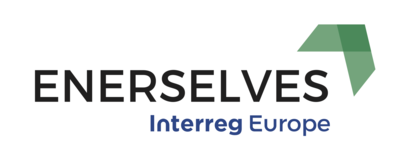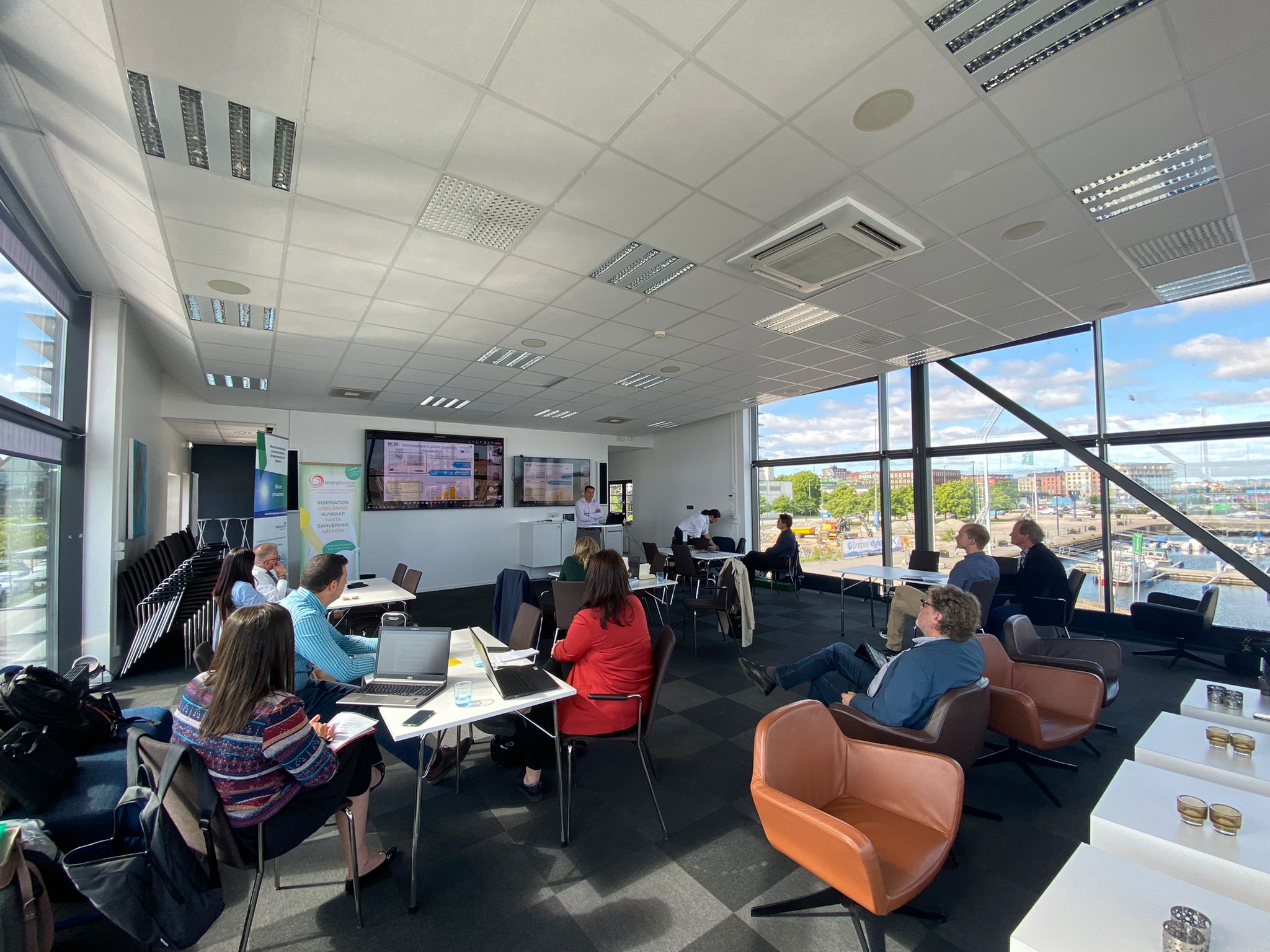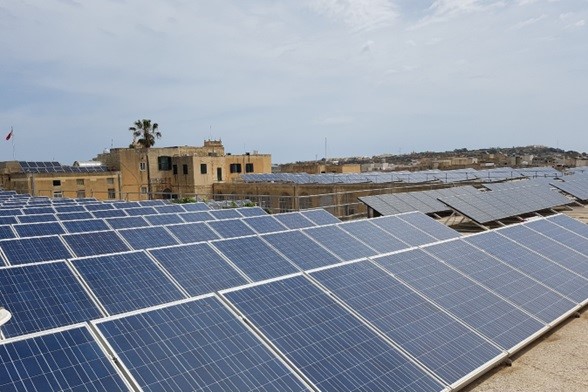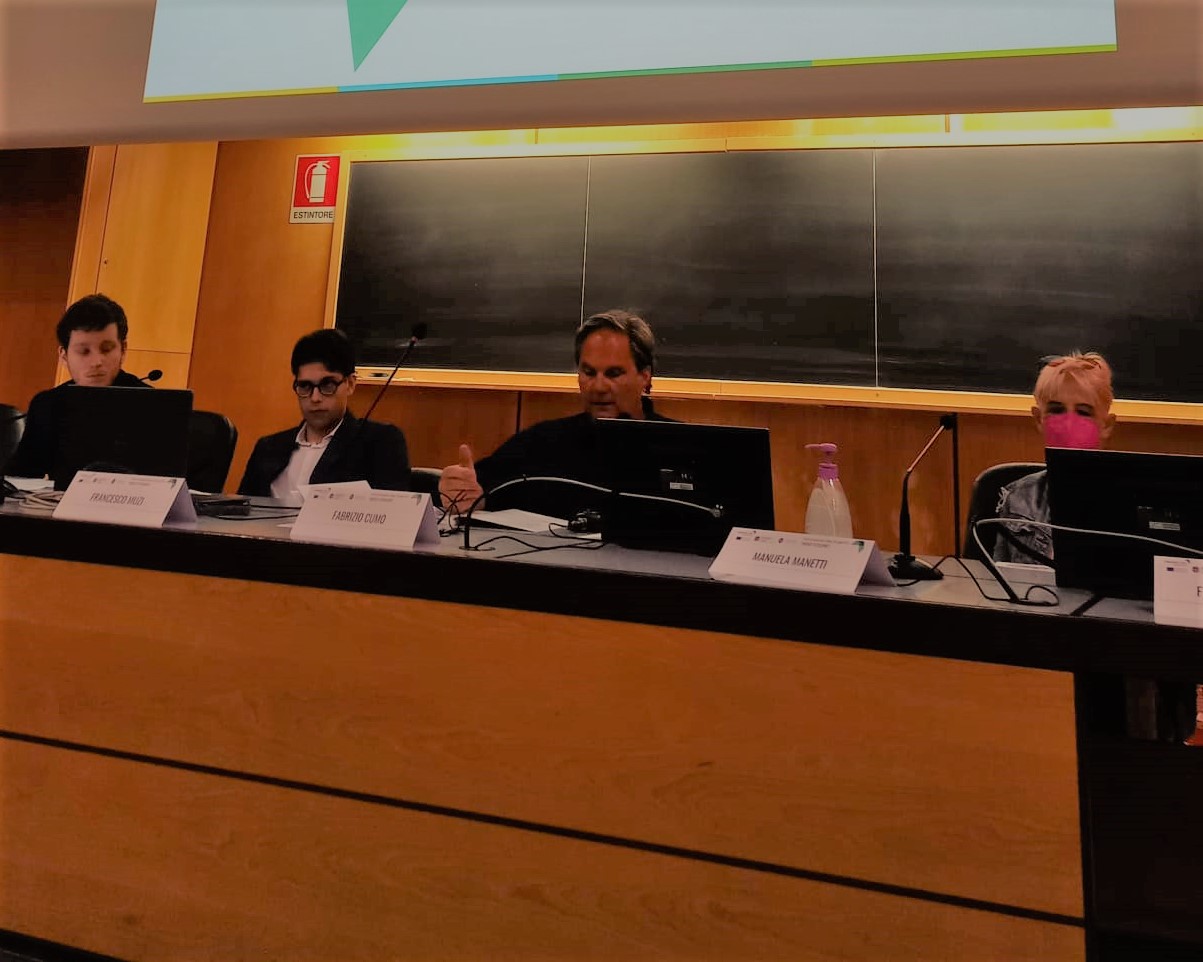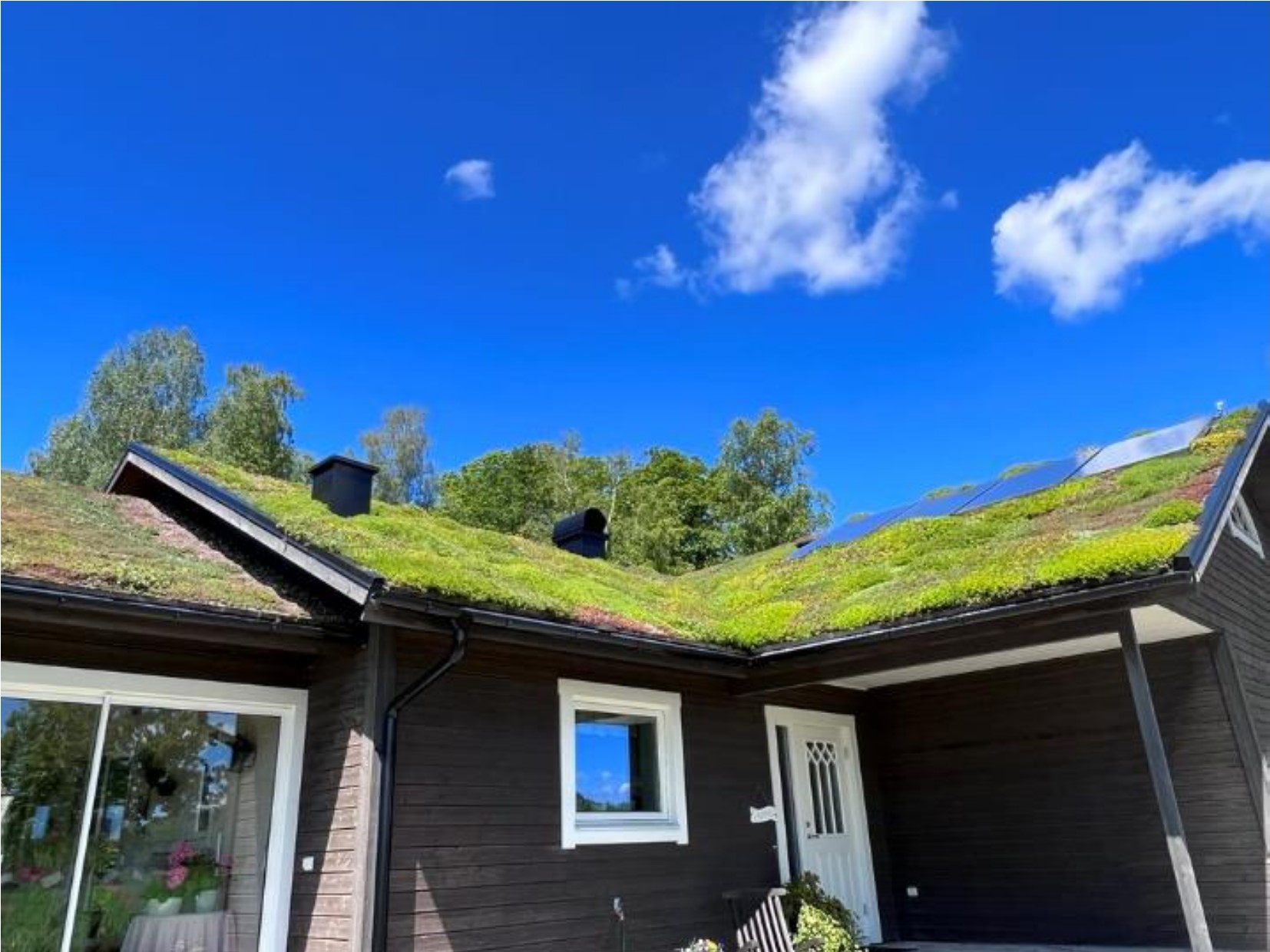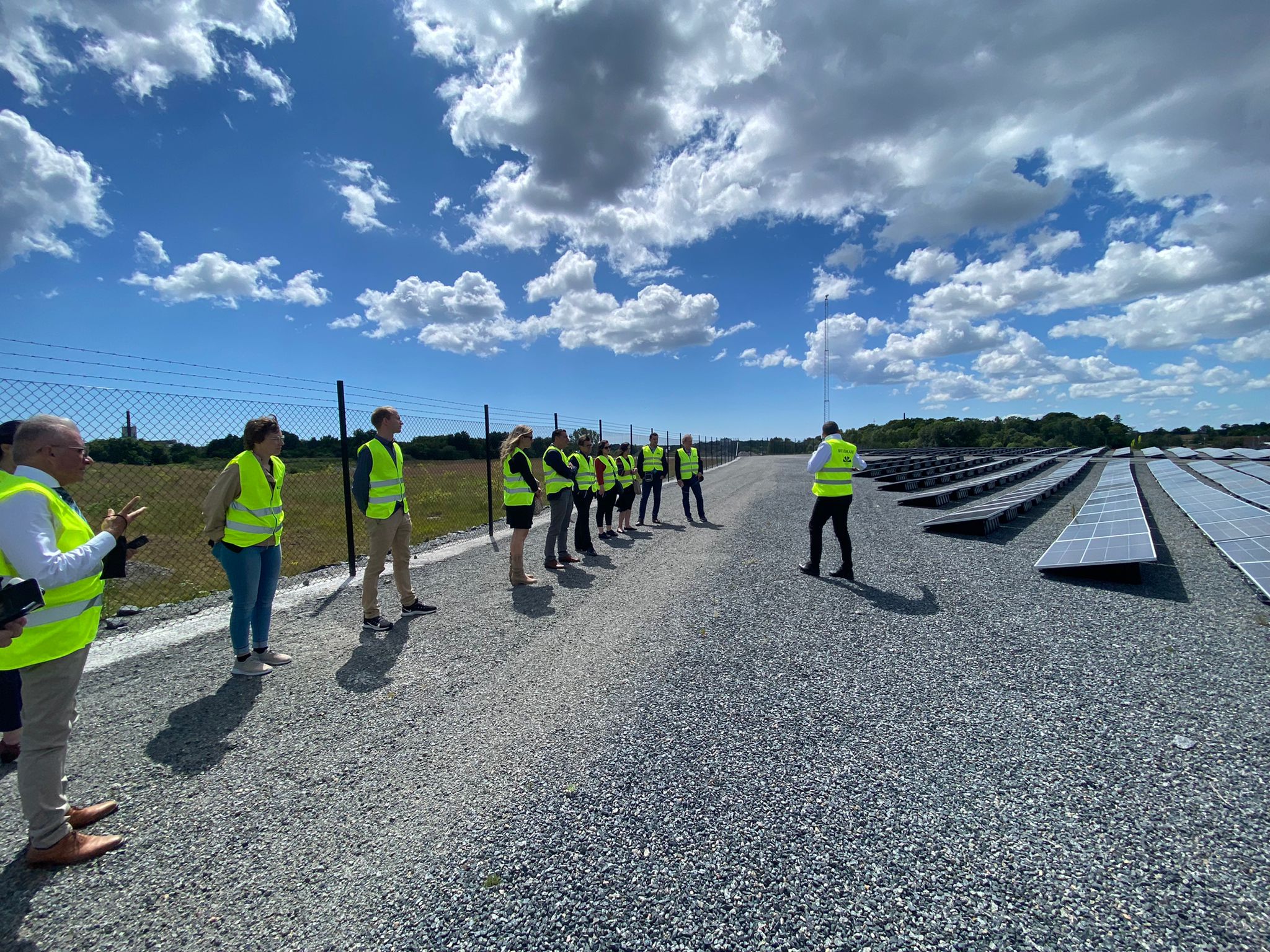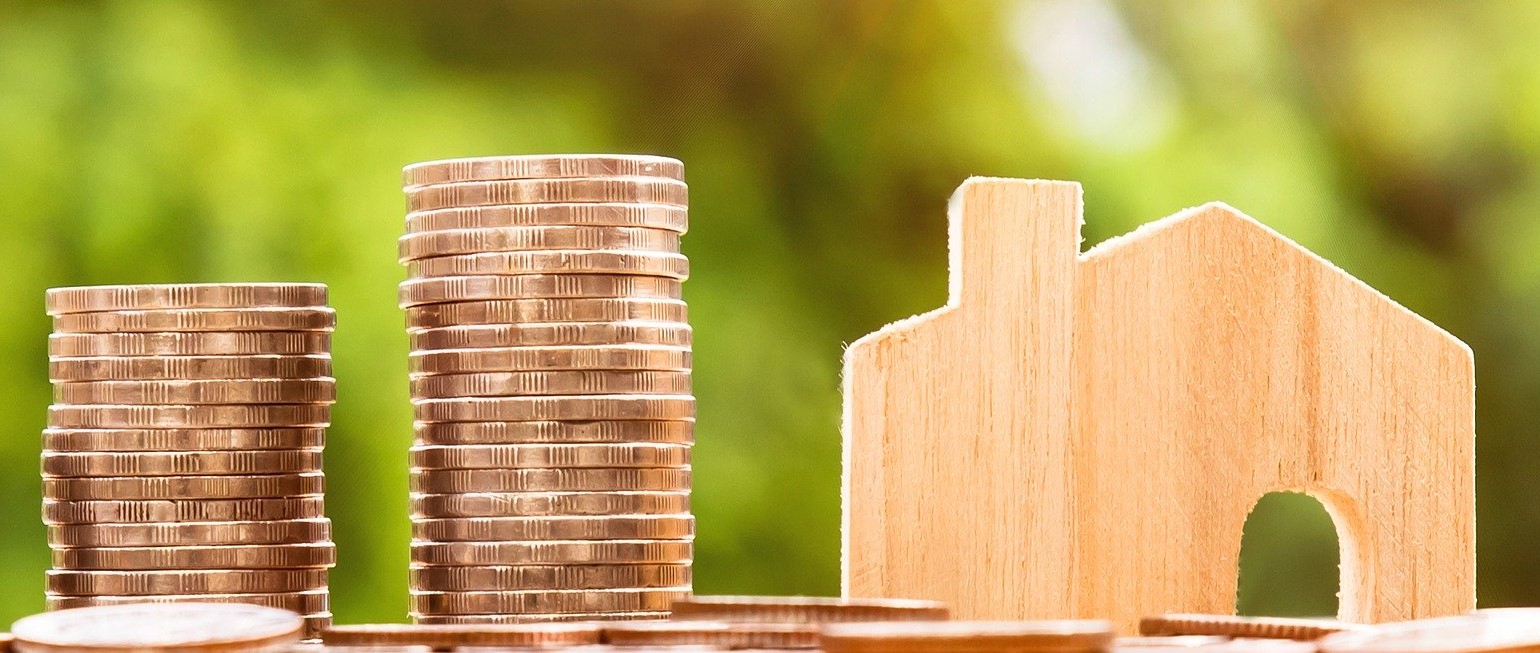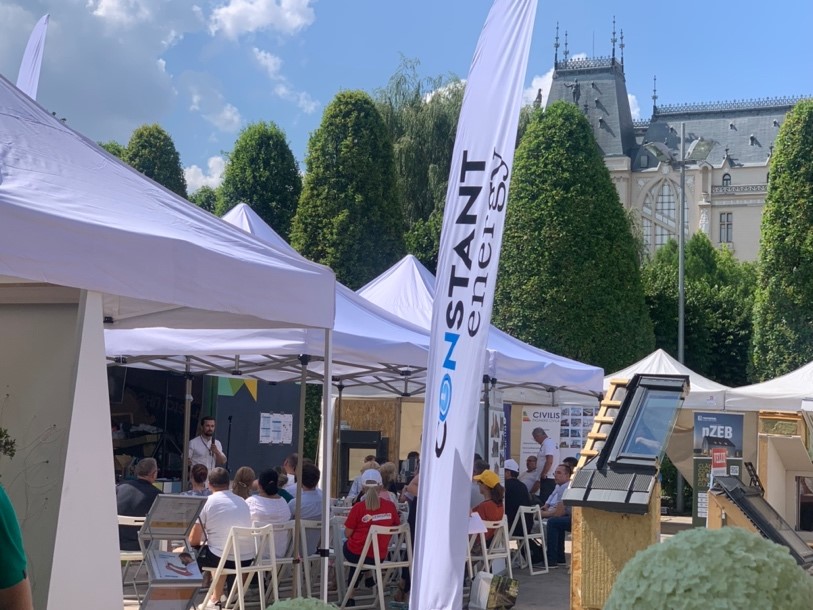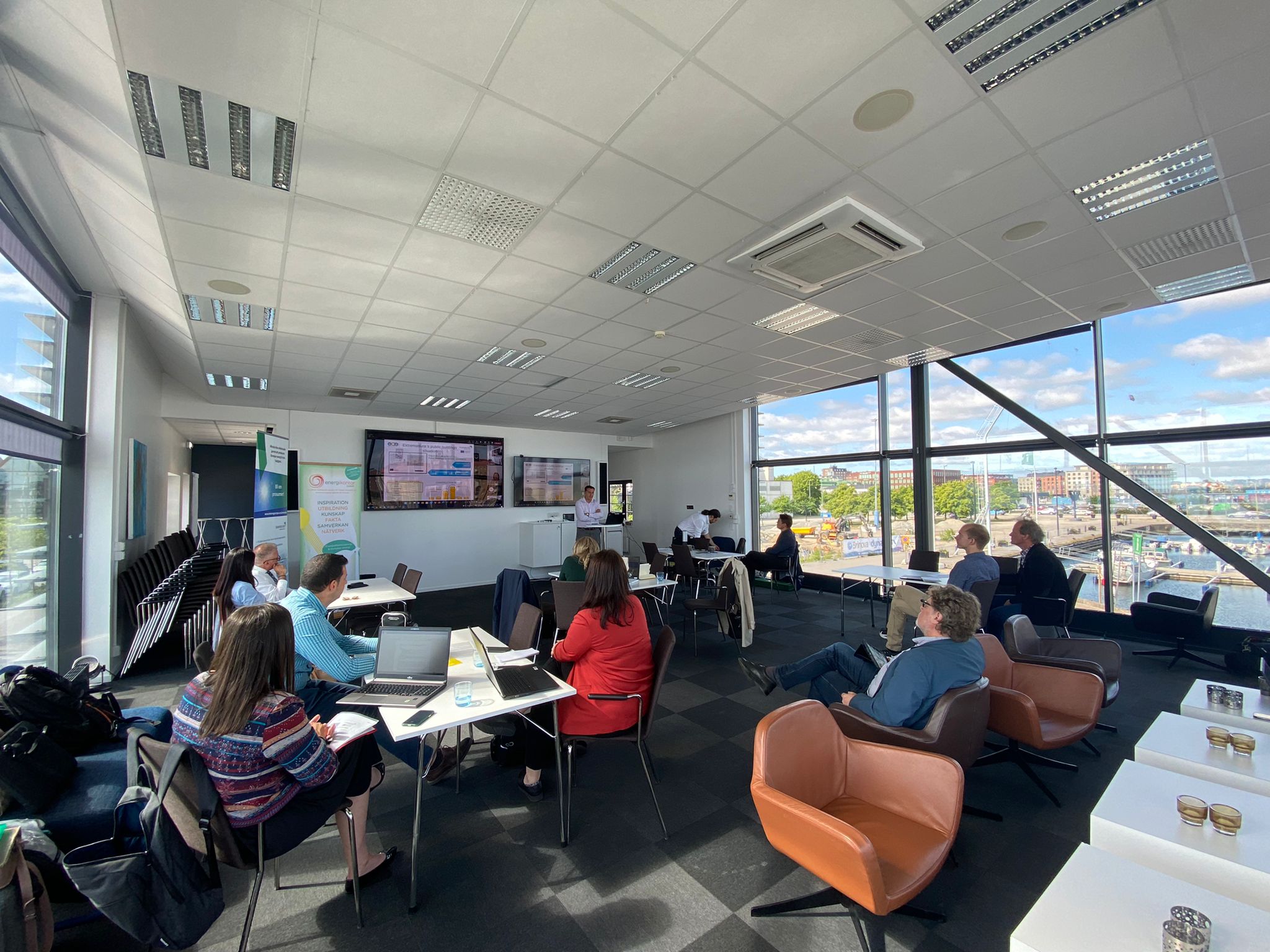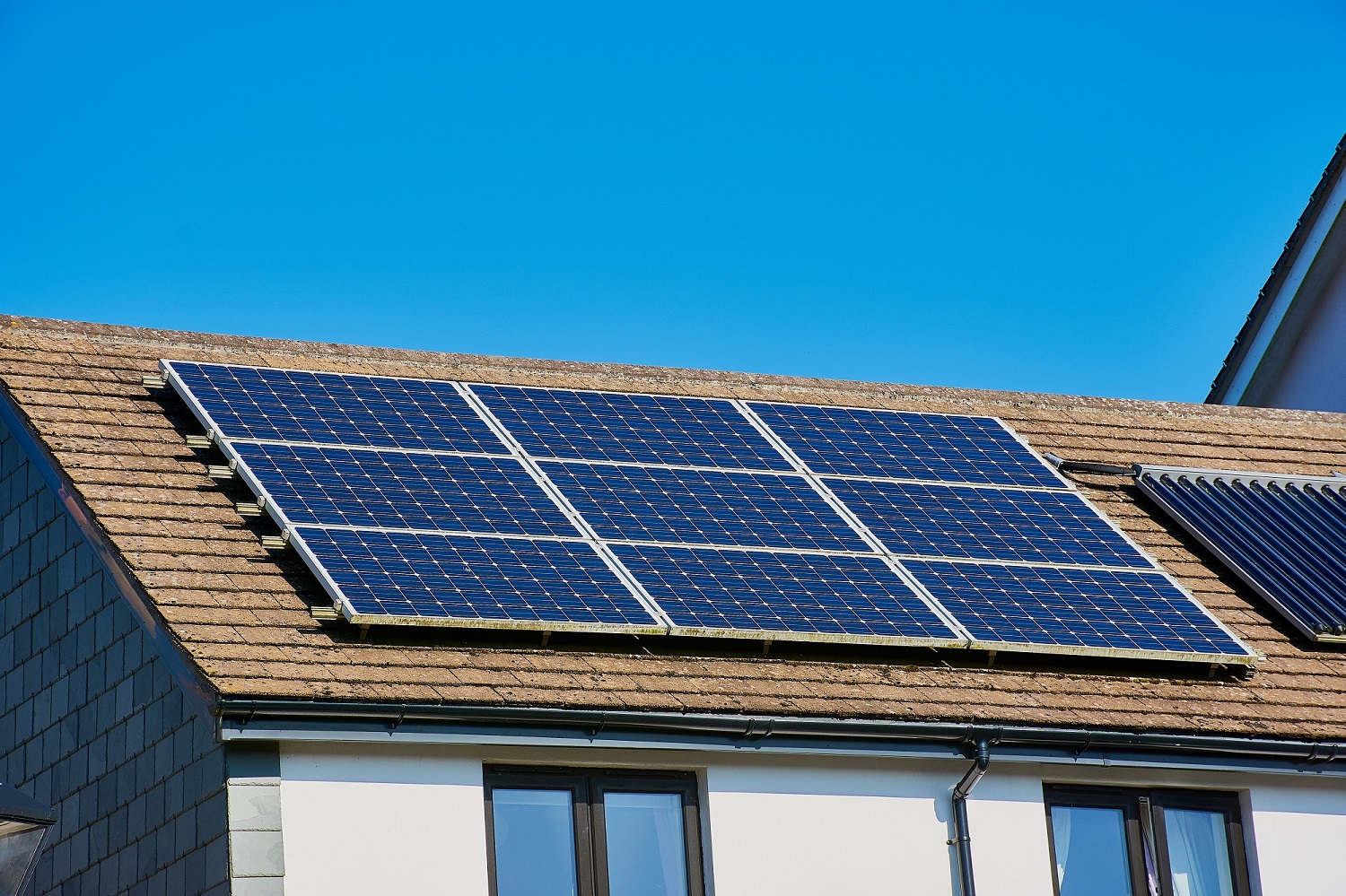The objective of the event was to start a virtuous process of information exchange and the enhancement of know-how with stakeholders with the intention of disseminating the information acquired as far as possible on the territory.
The meeting was attended by more than 65 stakeholders identified mainly among public bodies (local, regional and national) agencies, companies and associations that deal with the energy sector and/or the construction sector.
The stakeholders meeting opened with the institutional greetings of Fabio Refrigeri, the Regional Councilor for Infrastructures, Local Authorities and Housing Policies, and Wanda D'Ercole, the Director of the Regional Directorate for Infrastructures and Housing Policies. There was also the Regional Manager of the European Territorial Cooperation Area, Carmela Di Giorgio, who did a brief presentation of the Enerselves project: Policy instruments for energy self-consumption in buildings. Three follow interventions of representatives of stakeholder that described the know-how acquired during interregional meetings held in other countries in 2017.
Than spoke two stakeholders that participated in the meetings held in Belgium and in Poland: Daybeth Gabriela Rivera Cordero of the company Management of Energy Services who described the financial instruments that GSE Spa has activated to incentivize the energy efficiency of the real estate assets and Roberta Galluzzi of the Residential Territorial Company of the Province of Rieti who presented the best practices of the energy/environmental sector carried out by the Regional Authority of Rieti.
Prof Casini of La Sapienza University of Rome presented a revolutionary model called Architecture 4.0 that Sapienza has prepared and is applying to the 'Casa del Futuro' project with which it participates in the Solar Decathlon Middle East 2018 in Dubai, sponsored among others by the Lazio Region (more simply called the University Olympics of sustainable architecture). The objective of this competition, which has the students as protagonists, is to design and build the best prototype, in real scale, of the home of the future: green, smart and entirely powered by solar energy. This model was created to test the most advanced tools, materials and technologies of the building supply chain, in order to create a small-scale residential building with the highest efficiency, comfort, safety and economy features. Prof Casini also described how the Itaca Lazio Protocol, a tool for assessing the level of energy and environmental sustainability of buildings adopted by the Lazio Region, allows for the construction of new buildings or renovations of buildings, bringing them to zero energy, through the use of innovative techniques and building materials with low production energy consumption.
Others speakers were Mr. Barbabella of the Foundation for Sustainable Development, who reported the activities of the aforementioned Foundation on energy efficiency and sustainable construction, and Mr. Vignoli of the National Association of Municipalities of Lazio, who compared the activities of local authorities and the system incentives for energy investments. The event ended with Mr. Marcelli of the Lazio Innova Company who informed on the Call for Proposal Sustainable Energy 2.0 and the interest it has obtained.
